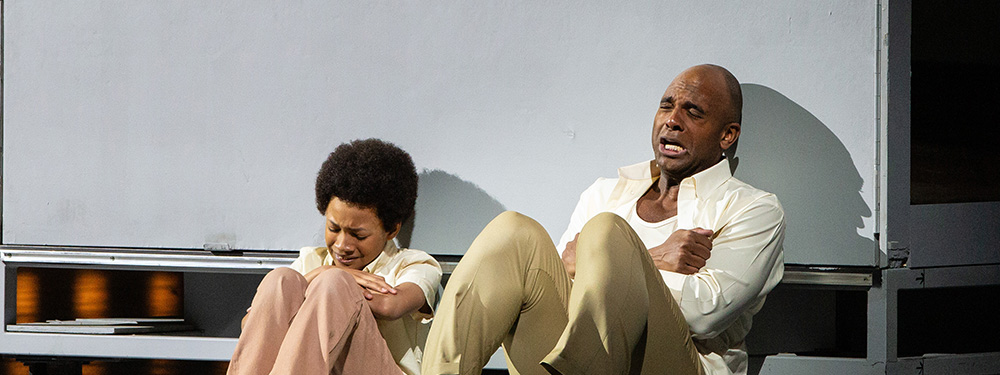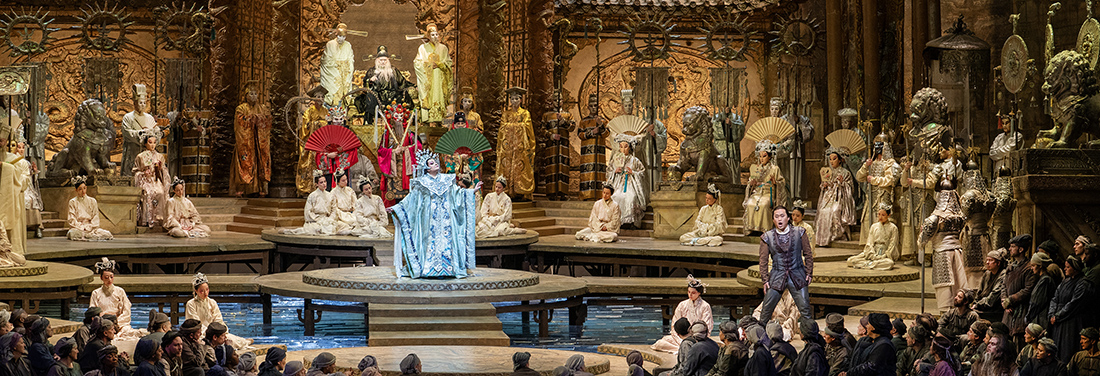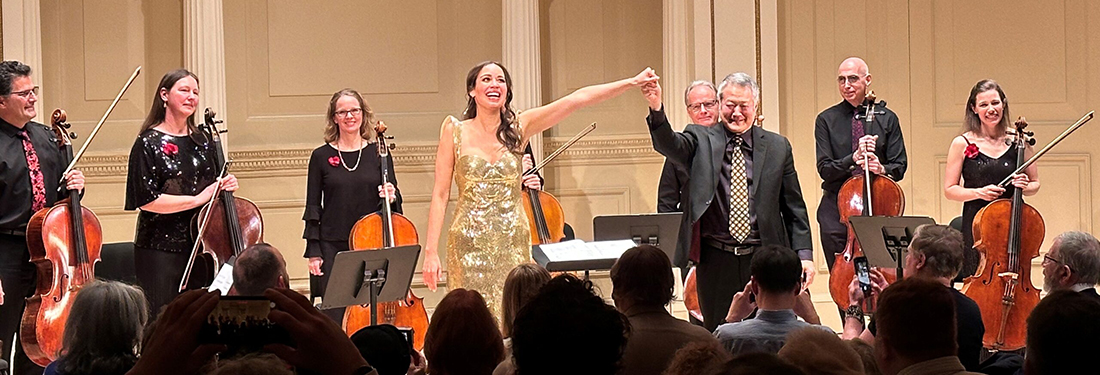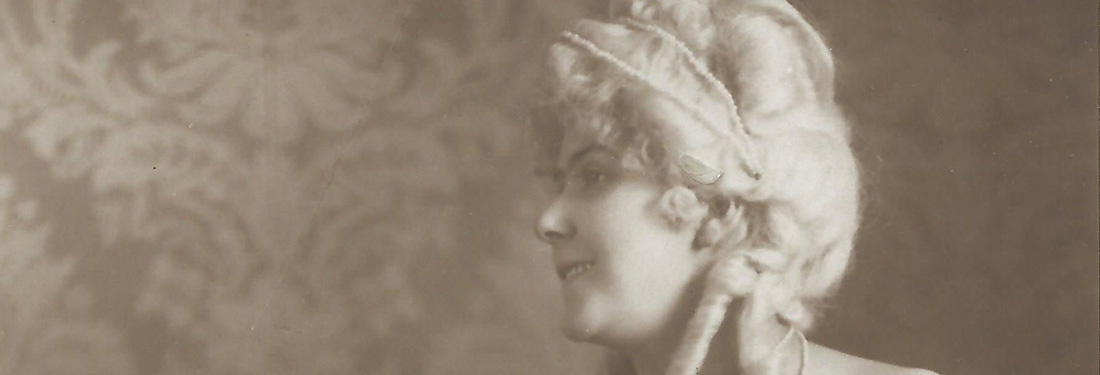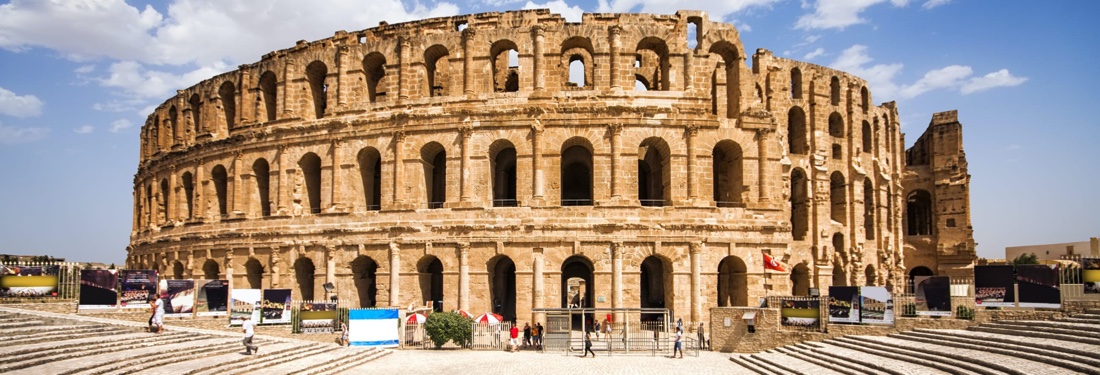
Eli Jacobson
Hailed as the first opera by an African-American composer performed at the Metropolitan Opera, Fire Shut Up in My Bones was a huge audience and box office hit in the Fall of 2021 when it reopened the Met after two seasons shut down by COVID-19.
Arnold Schoenberg’s Gurrelieder and Giacomo Puccini’s Turandot are, in their different ways, the final decadent flowering of a musical tradition at its twilight.
The past seems to be in conversation with the present.
Traditional Christianity has always used the threat of dying unabsolved and going to Hell as a tool to get us not only to accept Jesus but also obey the dictates of the Church. Last week in New York, two classical works touched on the theme of repentance and absolution.
parterre box is excited to present again Mike Richter’s collection of recordings of Rose Ader along with this biographical tribute in honor of a significant artist whose Jewish identity perhaps prevented her from achieving the renown she deserved
As far as I know, Juan Diego Flórez last appeared in New York City (not totally to his advantage) as Alfredo in the Met’s garish new production of La Traviata back in December 2018, nearly five years ago.
Aristophanes’ The Frogs is a comedy with a lump in its throat – laughter coming from tears.
To get right to the point, the performance did not come together despite some good elements and was a major missed opportunity.
On October 20th, a wet but warmish Friday night, the Metropolitan Opera opened this season’s revival of Verdi’s Un Ballo in Maschera in David Alden’s 2012 production.
One got a sense that the Met and the maestro directed most of the rehearsal and preparation toward the opening night premiere of the Heggie opus

